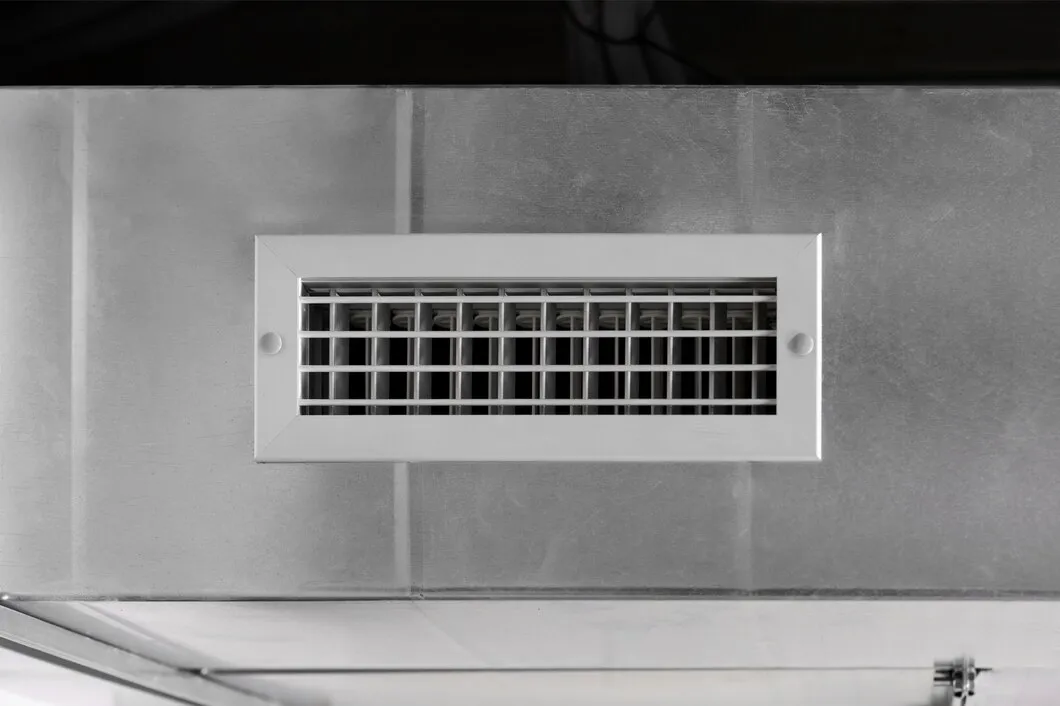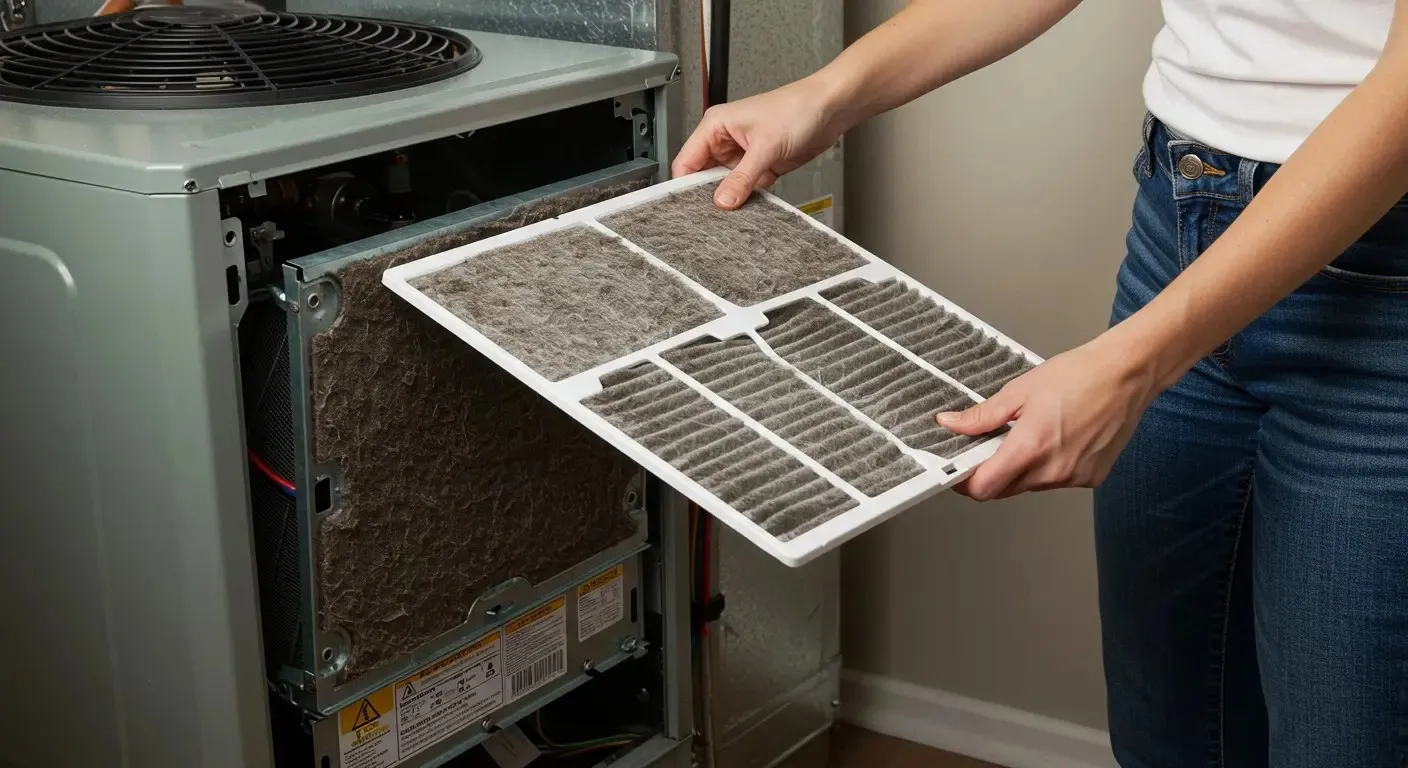
Superior Air Duct Cleaning: What Is Pet Dander?
Most everyone has heard of pet dander. If you want to share your life with pets and you also suffer from allergies, dander has likely caused you some sneezing — or worse. The Asthma and Allergy Foundation of America notes that between 15 and 30 percent of allergy sufferers experience an adverse reaction to pet dander. But what exactly is pet dander and how does it affect health? In today’s blog, the professionals at Superior Air Duct Cleaning take a closer look.
What Is Pet Dander?
At Superior Air Duct Cleaning, we are experts on pet dander. Pet dander is composed of tiny flecks of skin shed by cats and dogs or any animal with fur or feathers. But that’s not all. Even animals with short hair and those classified as “hairless” produce dander and release it into the environment. These bits of skin can trigger reactions in allergy sufferers. Dander, in fact, isn’t the only issue allergy sufferers have to worry about. Dried saliva containing allergens can flake off from an animal’s coat and become airborne. When inhaled by an allergic person, problems begin.
Related Post: Why Pet Owners Should Order Air Duct Cleaning
Pet Allergens Tend To Stick Around
Pet allergens are very lightweight and small — much smaller, in fact, than other common allergens such as dust mites. Not only are pet allergens microscopic but they also have a jagged shape, allowing them to stick to furniture, fabrics, and bedding. Because of their ability to stick to nearly anything, they can very easily be carried in and out of the home. Dander is easily carried to public places like schools and grocery stores, and can even be found in homes that have no pets.
Related Post: How Duct Cleaning Service Helps with Allergies
Are Some Pets Worse Than Others?
Cats are kept in about 27 percent of homes in the United States and dogs are kept in about 32 percent. However, statistics show that more people are allergic to cats. In fact, twice as many people report cat allergies as compared to dogs. More specifically, people tend to be allergic to female cats more than males. Research indicates that male cats produce less specific allergens than female cats. The reason for this is not known.
What Are The Health Effects?
The concentrations of an allergen required to cause a reaction vary greatly among individuals. Some may experience only minor issues such as sneezing or watery eyes. Others may have asthma that is triggered by pet allergens. For these people, breathing animal allergens can make respiratory symptoms worse and decrease lung function.
How To Control Pet Allergens
One way to protect indoor air quality for pet allergy sufferers is to not have pets in the home. For those who don’t see this as an option, keep pets out of the bedrooms of allergy and asthma sufferers. Also, try to keep the pets off of furniture and try not to let dust accumulate.
Let Superior Air Duct Cleaning Help
The pros at Superior Air Duct Cleaning know you love your pets, even if they make you sneeze from time to time. Superior Air Duct Cleaning also knows that your home’s air ducts can become littered with pet dander, which then blows throughout your house. You and your pets can breathe easier, however, after a thorough residential air duct cleaning. Contact us in western Pennsylvania or eastern Ohio to see how we can help.

Customer Reviews





Solving Poor Airflow Issues in Gibsonia Dryer Vents

Why Your Canfield Home Feels Stuffier in Summer: Duct Problems

Addressing Excessive Dust in Your Coraopolis Office Building

What Whistling Sounds from Your Wexford Vents Indicate

Combating Summer Humidity with Clean Air Ducts in Youngstown

Troubleshooting Burning Smells from Your Ellwood City Dryer Vent

How Restaurant Duct Contamination Affects Food Quality in Cranberry Township

Addressing Musty Odors from Your Canfield Air Ducts

Why Your Air Ducts in Wexford Are Making Popping Sounds

The Hidden Dangers of Lint Buildup in Youngstown Dryer Vents

Why Your Energy Bills Rise with Dirty Vents

Solving Common Dryer Performance Issues in Austintown

Fixing Uneven Airflow Problems in Wexford Homes

Why Your Austintown Dryer Is Overheating: Vent Obstruction Signs

What Makes Professional Duct Cleaning Different in Youngstown

Managing Spring Allergies with Clean Air Ducts

Slow-Drying Clothes: A Sign Your Dryer Vent Needs Attention

Signs of Animal Nesting in Your Ellwood City Dryer Vent

How Poor Duct Maintenance Affects Your Canfield Home

Removing Pet Dander from Your Home's Air Ducts

Common Causes of Air Duct Leaks in Older Homes

Why Dust Keeps Appearing in Your Coraopolis Home

How Dirty Ducts Impact Your Business Operations

Why Your Gibsonia Dryer Takes Longer to Dry Clothes

How Often Should Wexford Homeowners Clean Their Ductwork

Warning Signs Your Dryer Is Not Venting Properly

Black Spots in Air Vents: Addressing Mold Growth Problems

What Happens During a Professional Ductwork Inspection in Mars

Spring Cleaning Your Air Ducts: What You Need to Know

The Link Between Breathing Problems and Dirty Air Ducts

Health Benefits of Clean Air Ducts for New Castle Residents

How to Spot Dryer Vent Blockages in Your Youngstown Home

Air Quality Issues in Office Buildings: When to Clean Commercial Ducts

Common Air Quality Problems That Duct Cleaning Solves in Wexford

Strange Noises from Your Dryer Vent: What They Mean

What Air Pollutants Can Professional Duct Cleaning Remove in Canfield

How Clogged Dryer Vents Increase Fire Risk in Sewickley Homes

Understanding the Benefits of Professional Dryer Vent Cleaning

How Air Duct Cleaning Can Improve Your HVAC System Efficiency

Why Regular Duct Cleaning is Essential for Home Air Quality

The Necessity of Commercial Duct Cleaning Explained

Duct Disinfecting & Deodorizing

Preventing Home Hazards with Our Dryer Vent Cleaning Services

How Air Duct Cleaning Boosts Indoor Air Quality

Understanding the Role of a Duct Cleaning Company in Home Maintenance

Why You Need Our Skilled Duct Cleaning Professionals

The Steps Our Technicians Follow in Ductwork Cleaning

Benefits of Whole House Sanitizing for Healthier Living

Why Dryer Vent Cleaning is Important for Home Safety

Whole House Sanitizing: Keeping Your Home Safe and Clean

When to Schedule Air Duct Cleaning for Optimal Performance

Dryer Vent Cleaning: Essential for Preventing Fires

The Impact of Commercial Duct Cleaning on Workplace Health

How Air Duct Cleaning Enhances Your Home's Atmosphere

Whole House Sanitizing: Ensuring a Healthier Living Space

Preventing Risks with Our Dryer Vent Cleaning Services

How to Know When Your Home Needs Our Duct Cleaning Services

Essential Reasons for Scheduling Air Duct Cleaning Today

Prevent Fire Hazards with Professional Dryer Vent Cleaning

Understanding the Importance of Air Duct Cleaning Services

How Professional Dryer Vent Cleaning Prevents Home Fires

The Importance of Regular Dryer Vent Cleaning for Home Safety and Efficiency

The Process and Benefits of Thorough Ductwork Cleaning

The Benefits of Air Duct Cleaning Services for Your Home

The Benefits of Commercial Duct Cleaning for Your Business

Understanding the Difference Between Residential and Commercial Duct Cleaning Services

Guard Against Germs: The Advantages of Whole-House Sanitizing Services

The Impact of Residential Duct Cleaning on Indoor Air Quality and Overall Health

Enhancing Workspace Health: The Benefits of Routine Commercial Duct Cleaning

How Regular Duct Cleaning Can Impact Your Home’s Energy Efficiency

Strategies to Maintain Air Purity in Large Workspaces Through Commercial Duct Cleaning

Comprehensive Guide to Reducing Allergens with Professional Duct Cleaning Techniques

Freshen Your Space: Professional Duct Disinfecting and Deodorizing Explained

Maximize Home Air Quality with Professional Residential Duct Cleaning

Experience Superior Whole-Home Disinfection Services for a Cleaner, Healthier Environment

Importance of Regular Dryer Vent Cleaning for Safety and Efficiency

Commercial Duct Cleaning: An Investment In Your Business' Health And Success

How To Prevent Mold Growth In Your Air Ducts: Expert Tips For A Healthier Home

Is Mold Always Visible?

The Most Common Questions About Dryer Vent Cleaning: Answers From the Experts

The Ultimate Guide To Residential Air Duct Cleaning: Enhance Your Home's Air Quality

How Often Should You Clean Your Air Ducts?

Managing Pet Ordors Dender

What Does An Air Duct Inspection Include?

How to Choose a Duct Cleaning Company: 10 Questions to Ask

4 Ways Your Dirty Air Ducts Are Costing You Money

Top Benefits Of Air Duct Cleaning For Universities & Schools

A Guide To Air Duct Cleaning Equipment

Is Sanitizing Air Ducts Worth The Money?

4 Dangerous Warning Signs Your Dryer Vent Is Clogged

Easy Ways To Keep Your Home Mold Free

How Whole Home Sanitization Staves Off Fall Allergies

DIY Guide To Attic Insulation Removal: Tips And Tricks
.webp)
5 Must-Know Facts Before Buying Air Duct Cleaning Services

Air Duct Cleaning Tips After Home Renovation Or Construction

Natural Home Deodorizing Tips To Kill Bad Odors

Superior Air Duct Covers the Top Air Duct Cleaning Scams to Avoid

How Long Will A Dryer Last?

What Causes Humidity In Air Ducts?





